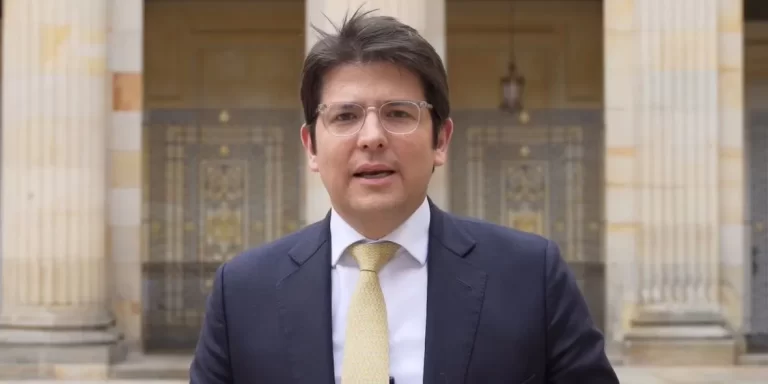[ad_1]
LONDON (Reuters) – British house prices face the weakest outlook since last year’s Brexit vote, largely reflecting the prospect of further falls in central London, the Royal Institution of Chartered Surveyors said on Thursday.
RICS’s benchmark house price index held steady at +6 in September, slightly better than forecast in a Reuters poll of economists, but the property industry body said prospects for future prices had declined.
Price falls are expected over the next three months, and growth over the coming year is predicted to be the weakest since June 2016, when surveyors feared voting to leave the European Union would trigger broad-based decline, RICS said.
RICS chief economist Simon Rubinsohn said there was a big difference between London and southeastern England – where prices are falling and expected to decline further – and most of the rest of the United Kingdom, where prices are rising.
“We are continuing to see evidence of shortage of stock,” Rubinsohn said. “Against such a backdrop, prices are likely to remain elevated and … continue to rise over the medium term in most parts of the country.”
Plans announced last week by Prime Minister Theresa May to renew subsidies for private-sector house-building and allow municipal authorities to build more social housing were unlikely to make much difference to the housing shortage, he added.
House price growth has slowed since last year’s Brexit vote, and figures from mortgage lender Nationwide showed the first fall in London prices since 2009 last month.
Central London’s appeal to international buyers has been hurt by the Brexit vote and higher property taxes, and households across Britain have been squeezed by higher inflation and static wage growth.
RICS said activity in the property market was slowing. Both the number of sales and enquiries by new buyers fell at the fastest rate since July 2016.
“In part, this is a reflection of affordability constraints hitting the higher priced segments of the market. It is perhaps also indicative of … the increasing possibility of the first hike in base rates in over ten years,” Rubinsohn said.
Last month the Bank of England said it expected to start raising interest rates for the first time since 2007 “in the coming months”, as inflation outstrips its target and businesses face labour shortages.
Most economists expect the BoE to raise rates to 0.5 percent from 0.25 percent at its Nov. 2 meeting, and the cost of fixed-rate has already started to edge up.
Reporting by David Milliken, editing by Andy Bruce
[ad_2]
Source link






Leave a Reply